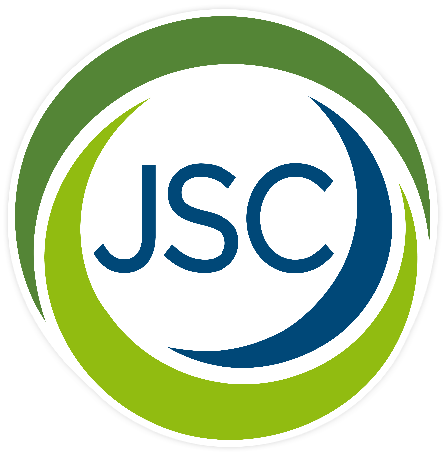 Physician burnout as a term first gained popularity in 2016, when one NEJM Catalyst survey presented compelling evidence on the extent, prevalence, and consequences of burnout for healthcare delivery in the U.S. Of all executives, clinical leaders, and physicians surveyed, 96% agreed that burnout was a moderate to serious problem and 65% of respondents reported that at least a quarter of physicians in their immediate network were burned out.
Physician burnout as a term first gained popularity in 2016, when one NEJM Catalyst survey presented compelling evidence on the extent, prevalence, and consequences of burnout for healthcare delivery in the U.S. Of all executives, clinical leaders, and physicians surveyed, 96% agreed that burnout was a moderate to serious problem and 65% of respondents reported that at least a quarter of physicians in their immediate network were burned out.
What is Physician Burnout?
Physician burnout is characterized by the American Medical Association as a long-term stress reaction leading to depersonalization, including cynical or negative attitudes toward patients, emotional exhaustion, a feeling of decreased personal achievement, and a lack of empathy for patients.
According to Family Practices Management, the consequences of burnout include:
- Lower patient satisfaction and care quality
- Higher medical error rates and malpractice risk
- Higher physician and staff turnover
- Physician alcohol and drug abuse and addiction
- Physician suicide
Needless to say, the effects of burnout can be detrimental to the individuals, their patients, and healthcare organizations as a whole. In fact, it is silently plaguing the healthcare industry.
Why Physicians Are High Risk of Burnout
There is a “myth of invulnerability” in the medical field perpetuated by an educational system and profession that rewards self-denial, determination, and exceptional job performance. Most healthcare providers have completed significant academic feats and grueling residencies, depriving themselves of food, water, sleep, and social interaction. This journey becomes a source of pride and the subject of “war stories” to tell younger residents when established. Much like the “I walked 10 miles to and from school” tales that we hear from older generations, older physicians consider number of nights spent in the call room or without sleep a badge of honor. Deprivation of basic human needs is thus reinforced.
The nature of medical training normalizes–if not encourages–a “service before self” mindset, wherein physicians essentially lose the ability to grant themselves self-care, even when it’s especially needed. As of late, medical schools are implementing programs designed to combat hose habits and promote a healthy work-life balance from residency.
But the problem continues after residency, as well. Physicians are tasked with an increasing amount of documentation through electronic health records, seeing more patients in less time, and increasing patient satisfaction scores. These stressors eventually take their toll—and the effects reach far beyond the provider to patients, staff, family members, and the community as a whole.
What Healthcare Organizations Are Doing About Physician Burnout
Physician burnout affects quality of care, effectiveness, efficiency, recruitment, and retention. Leading healthcare organizations are proactively creating a culture of wellness in their organizations because it makes good business sense.
Below are some ways that innovative organizations can cultivate physician well-being:
- Improve the usability of Electronic Medical Records (EMRs).Making these tools easier to use decreases the time spent on clerical work and allows physicians to spend more time doing the work that’s especially meaningful to them.
- Encourage self-care.Create a culture of leadership wherein physicians are expected to attend to their own wellness. Impose limitations on hours worked (and enforce them), provide convenient access to low-cost or free healthy food, on-site exercise facilities, and convenient places to rest.
- Ask and ask often. Establish wellness as a quality indicator for your organization and distribute an annual wellness survey. By measuring and focusing heavily on provider wellness, the beginning stages of a burnout can be recognized early.
- Engage wellness ambassadors. Assign a group to regularly meet, discuss, and measure provider wellness, brainstorm wellness initiatives, and model positive wellness behavior.
Creating programs, processes, and a culture of awareness and action around the severe physician burnout epidemic will help to mitigate it. Today, physician wellbeing initiatives are more than just added benefits; they are paramount to recruiting and retaining top talent.
Interested in learning more about how a comprehensive physician burnout prevention and mitigation program can provide your organization with a competitive advantage? Contact us or call 866-750-7231 for a free consultation.


